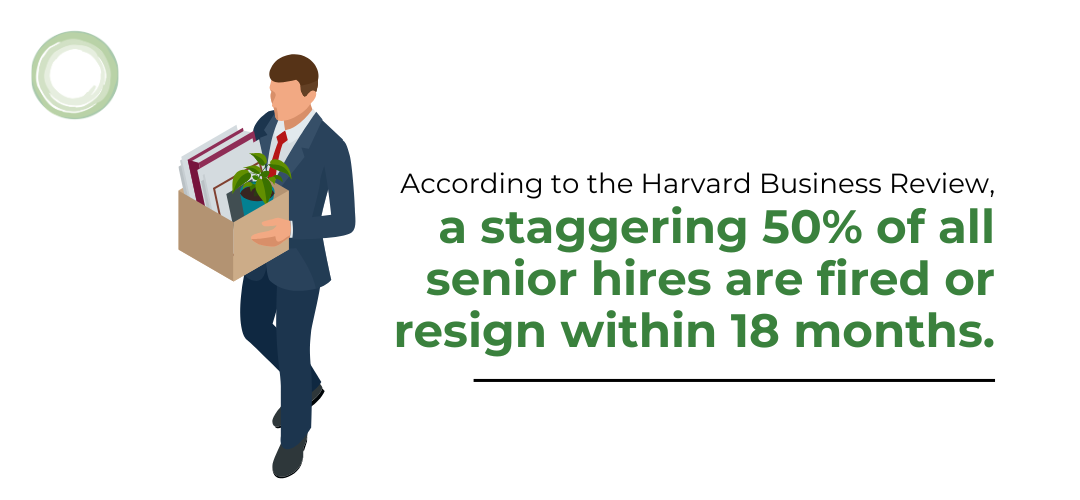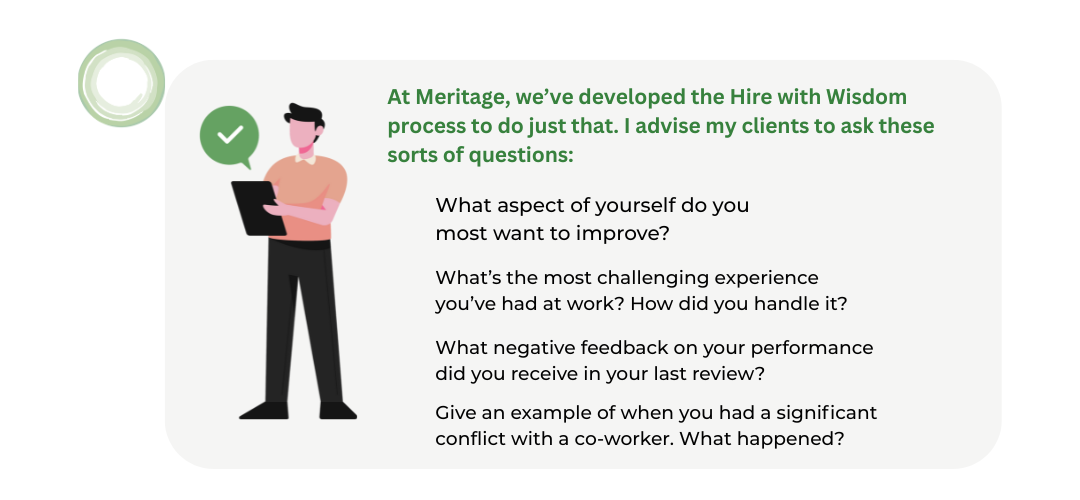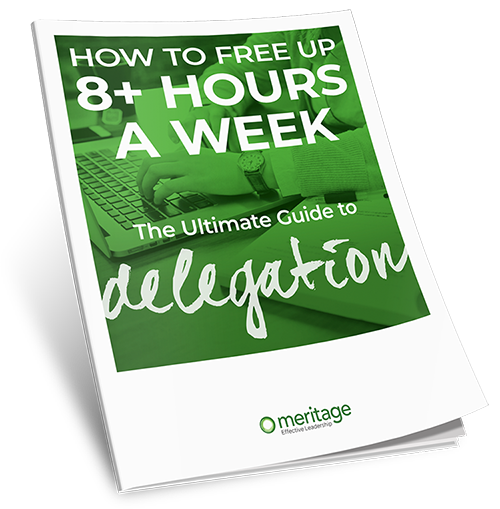When a Great Résumé Isn’t Enough
Recently one of my clients, the CEO of a very successful business, called me about coaching the newest member of his top team.
Here’s what he told me:
It had been impossible not to be impressed by the guy.
They’d been searching for months to replace the retiring Chief Operating Officer and finally found a serious contender. He was the only candidate to wow every member of the executive team. Having risen the ranks at businesses both my client and the stock market admire, his corporate pedigree was impeccable.
But eight months later, my client’s new COO has alienated two of the brightest stars in his department, one of whom has already left for the competition. He’s failed to get the top team behind him for a months-late, must-happen change program. And, he’s succeeded in introducing chaos to what was once the most robust part of the supply chain.
“The guy needs coaching, and he needs it fast.”
Why So Many Senior Hires Fail
Let’s take a step back: how is it my typically astute client, never mind the rest of his executive committee, got it so wrong? And what can you do to prevent such a costly mistake in your organization?
Sadly, this tale is far from unusual.
According to the Harvard Business Review, a staggering 50% of all senior hires are fired or resign within 18 months.

That’s plenty of time to damage productivity, profit, and people – be they customers, colleagues or entire departments. CEO Tony Hsieh claims bad hires have cost Zappos well over $100 million. But let’s face it, with the wrong person at the helm, the potential for damage is unlimited!
The Real Problem: Fixed vs. Growth Mindset
“Hired on experience, fired on personality”
Despite what we’d like to believe, transplanting senior executives from one organization to another is riddled with risk. Some portion, sometimes a large portion, of what an otherwise capable candidate brings to the table is neither portable nor desirable in the new context in which they’ll need to operate. Hence the failure rate.
We vastly underestimate the context which enables a star to shine. We attribute too much to individual greatness, imagining it as a bundle of transferable skill.
When failure is success
My client has experience hiring top talent. Over the years his business has developed a clear competency model and a robust assessment process for senior hires. Given the critical stage they’ve reached in their corporate strategy, they paid close attention to potential mismatches – in skill or style – between the candidate and the needs of the business.
Only one factor was missing from their investigations. That one factor outweighed the rest: How did their candidate handle failure? Did he have the right mindset to spot those moments when to succeed, he’d have to change?
Any and every employee without the capacity to mature and develop is guaranteed to become a liability. The more senior that person, the more extensive the damage. Mindset matters — and the ability to grow under pressure is at the heart of emotionally intelligent leadership.
What we’re talking about is whether an employee has a fixed or a growth mindset.
Employees with a fixed mindset assume they’re good at something or they’re not … and are hooked on the belief that “people don’t change” or “I am who I am” and other such nonsense. They are often resistant to feedback and deny failure or their role in it when it happens.
People with a growth mindset see things differently: they fail, they learn. And fail, they will. Because they seek ways to push themselves. They want to work on themselves. They seek out feedback. They are open to new perspectives. They value coaching and the chance to learn something new. As a result, their abilities are ever-expanding. This is the kind of growth mindset we build in our Leadership EDGE course — real leaders, real change.
A lack of evidence equals proof
If a candidate can’t point to occasions where they’ve struggled, then they’ve just revealed their aversion to growth and their commitment to “looking good.”
If someone can’t give you examples of when they’ve failed, I repeat: DO NOT hire them.
Hiring a new leader? Take our free Enneagram leadership quiz to understand what leadership style will best support your team.
How to Screen for Emotional Maturity
So how do you probe for the sort of emotional maturity that underpins a growth mindset? If you’re going to invest in someone, it’s essential to know where, when and how they’ve met and worked with adversity.
At Meritage, we’ve developed the Hire with Wisdom process to do just that. I advise my clients to ask these sorts of questions:
- What aspect of yourself do you most want to improve?
- What’s the most challenging experience you’ve had at work? How did you handle it?
- What negative feedback on your performance did you receive in your last review?
- Give an example of when you had a significant conflict with a co-worker. What happened?

If my client’s COO doesn’t accept he needs to change or has never learned how, then irrespective of what the underlying issue may be, he is immune to coaching. We may never learn the exact circumstances behind his exceptional performance elsewhere. What we do know is that those who have only met success often freeze when they first face defeat. It’s just too ego-destroying.
Looking to hire more wisely? Our Hire with Wisdom framework helps you screen for growth mindset and leadership potential.
Whether someone’s new to the game, a seasoned player, or that someone is you: what most predicts our success is how we respond to failure. Your number one hiring mistake is failing to ask your candidates to demonstrate that.
We help leaders learn to manage conflict and build stronger, more authentic working relationships. Contact us to find out how we can help you build a high-performance team.
Need help building a team that thrives through challenge? Explore our leadership programs built for lasting, scalable growth.



